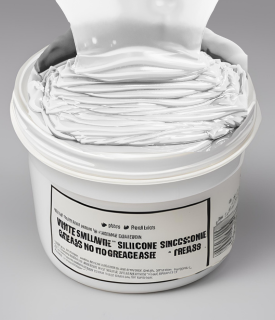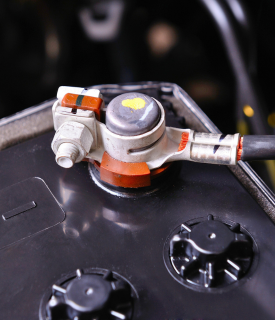Greases
Categories
- Lubricants Division
- Air Division
- CNC Division
- Pumps Division
- Measuring Devices
- Vacuum Cleaner
- Industrial Chain
- Quick Disconnect Couplings
- Spares
- Zero-leakage valve grease – Ideal for refinery/petrochemical operations.
- Anti-seize graphite grease – Corrosion protection in desert/saline environments.
- Halal-certified food-grade grease – Compliant with UAE/GCC food safety standards.
- Thermal grease – Precision heat management for automotive/electronics.
- Approved formulations for GCC markets.
- Custom-engineered solutions for UAE’s harsh climate and industrial demands.
- logistics across all Emirates – Jebel Ali Port to Ras Al Khaimah.
Ultra-Premium Industrial Greases Supplier in UAE – Precision Lubrication for Demanding Applications
As the leading high-performance greases supplier in Dubai, Abu Dhabi, Sharjah, and all Emirates, we deliver ISO-certified, NSF-approved, and DIN-compliant solutions engineered for extreme conditions. Our advanced range includes vacuum grease (PFPE) for aerospace, food-grade PFPE grease for hygienic industries, synthetic high-temperature grease (+500°C), non-melt wire rope grease for marine/oil & gas, and dielectric grease for electrical systems.
Trusted by UAE industries for:
Why Us?
Upgrade to industrial-grade, long-lubrication-life greases designed for UAE’s oil & gas, marine, and construction sectors. Contact us for bespoke technical support and competitive bulk pricing.
- Lubricants Division
- Air Division
- CNC Division
- Pumps Division
- Measuring Devices
- Vacuum Cleaner
- Industrial Chain
- Quick Disconnect Couplings
- Spares
Categories
Frequently asked questions
1 Why is operating temperature important for grease selection?
Operating temperature affects grease consistency and performance. High temperatures can cause grease to soften and degrade, reducing its effectiveness. Choosing a grease with suitable thermal stability helps maintain lubrication in extreme conditions.
2 What impact does speed have on grease choice?
Speed affects the viscosity required for effective lubrication. High-speed bearings generally need low-viscosity grease to reduce heat generation and energy consumption, while low-speed applications may require a higher viscosity to handle heavier loads.
3 What type of grease is best for high-load applications?
For high-load applications, it's important to use a grease with a strong protective film to minimize wear. These applications typically require a higher viscosity base oil to ensure effective lubrication under stress.
4 How does exposure to corrosive environments affect grease performance?
In corrosive environments, selecting a grease that provides excellent corrosion protection is vital to prevent bearing surface damage and maintain lubrication quality.
5 What are the maintenance intervals for greasing?
Maintenance intervals depend on operating conditions and grease type. Regular greasing is essential to replenish lubricants and additives, preventing increased wear and extending equipment life.












